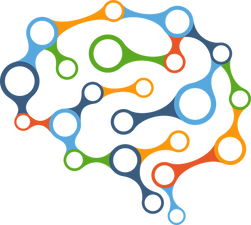 J Clin Neurosci. 2019 Mar;61:1-4. doi: 10.1016/j.jocn.2018.12.020. Epub 2019 Jan 4. AbstractTraumatic brain injury (TBI) is a clinical condition characterized by brain damage due to an external, rapid and violent force. TBI causes attention, memory, affectivity, behaviour, planning, and executive dysfunctions, with a significant impact on the quality of life of the patient and of his/her family. Cognitive and motor rehabilitation programs are essential for clinical recovery of TBI patients, improving functional outcomes and the quality of life. Various researches have underlined the possible effectiveness of innovative techniques, with regard to virtual reality (VR), during the different phases of rehabilitation after TBI. T his review aims to evaluate the role of VR tools in cognitive assessment and rehabilitation in individuals affected by TBI. Studies performed between 2010 and 2017 and fulfilling the selected criteria were found on PubMed, Scopus, Cochrane and Web of Sciences databases. The search combined the terms VR, assessment, rehabilitation and TBI. Our review has shown that VR has the potential to provide an effective assessment and rehabilitation tool for the treatment of cognitive and behavioral impairment on TBI patients.
0 Comments
Your comment will be posted after it is approved.
Leave a Reply. |
BLOGDan Gardner, MD Note: Please email me the topics which you'd me to discuss in this blog.
Note: These posts are for information only and are not endorsements of specific services or products.
Please consult your healthcare provider about information you find online. Dan Gardner, MD does not recommend or endorse any specific tests, physicians, products, procedures, opinions, or other information that may be mentioned on www.dangardnermd.com. Reliance on any information provided by www.dangardnermd.com is solely at your own risk. Archives
August 2021
Categories
All
|
Dan Gardner, MD. Psychotherapy and Psychoanalysis in San Diego
 RSS Feed
RSS Feed

